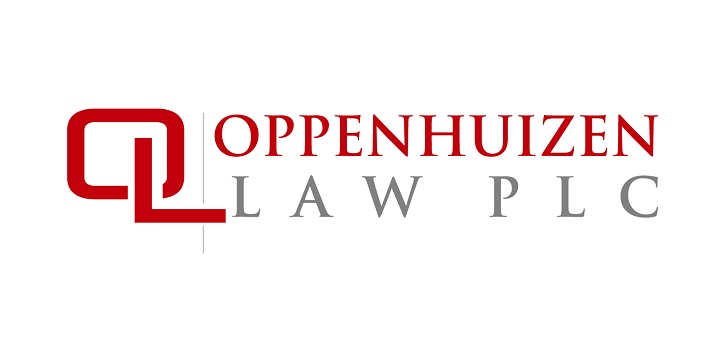What Makes a Trademark “Distinctive” and Why Does That Matter?
Trademarks are only protectable if they are considered “distinctive.” The purpose of a trademark is to identify a consistent source (e.g., a person or company) to the consumer. In order for the trademark to do its job, it must be distinctive to the consumer.
A trademark can be inherently distinctive, or it can acquire distinctiveness through long and exclusive use of that trademark by the trademark’s owner.
When we talk about “distinctiveness,” there is a spectrum ranging from very distinctive to totally undistinctive. Trademarks which are arbitrary (random) or fanciful (made up words) are considered to be the most distinctive.
Arbitrary – “Apple” (for computers and now many other things) is a classic example of an arbitrary trademark. “Apple” is a common word, but it is completely random to use that name in connection with a computer company. “Grey Goose” (vodka), “Comet” (cleaning solution), “Subway” (restaurants), and “Target” (retail shopping centers) are examples of arbitrary trademarks.
Fanciful – Examples of fanciful trademarks include “Keurig” (coffee brewers), “Nikon” (electronic equipment), and “Zappos” (shoes).
Suggestive – The next category down the distinctiveness scale is suggestive marks. As you can guess, these are suggestive of the goods or services for which the trademark is used. These trademarks are also distinctive, and they will relate to some kind of quality or characteristic of the product, but it will not actually describe it. “Greyhound” (bus line), “Mustang” (cars), and “Coppertone” (tanning lotion) are good examples. It is often not clear-cut whether a trademark is suggestive or not.
Descriptive – One step further down are descriptive trademarks, and these cross a significant boundary because they are not inherently distinctive. They can acquire distinctiveness, but they are not protectable as trademarks right away. These trademarks describe a characteristic, quality, feature, or purpose of the goods or services.
“Best buy” (retail stores), “Bank of America” (banks), and “Brooklyn Brewery” (brewery and beer) are all descriptive trademarks. Just to be clear, the trademarks I have listed here are all valid and enforceable because these companies have acquired distinctiveness in those marks. However, they were not enforceable trademarks at first.
It is also important to know that surnames can sometimes be considered “descriptive.” In addition, any laudatory terms like “best,” “super,” and “prime” are also considered descriptive.
Generic – Last, and certainly least, are generic terms. These can never acquire distinctiveness and can never become an enforceable trademark. A generic term is simply a commonly used term to describe something.
Related Topics:
Should I Do a Trademark Search?
What Does it Mean if a Trademark is “Merely Descriptive”?
How Do I Register My Trademark, and What is the Process?
Oppenhuizen Law PLC
625 Kenmoor Ave. SE, Ste. 301
Grand Rapids, MI 49546
United States
616-242-9550
info@oppenhuizen.com
